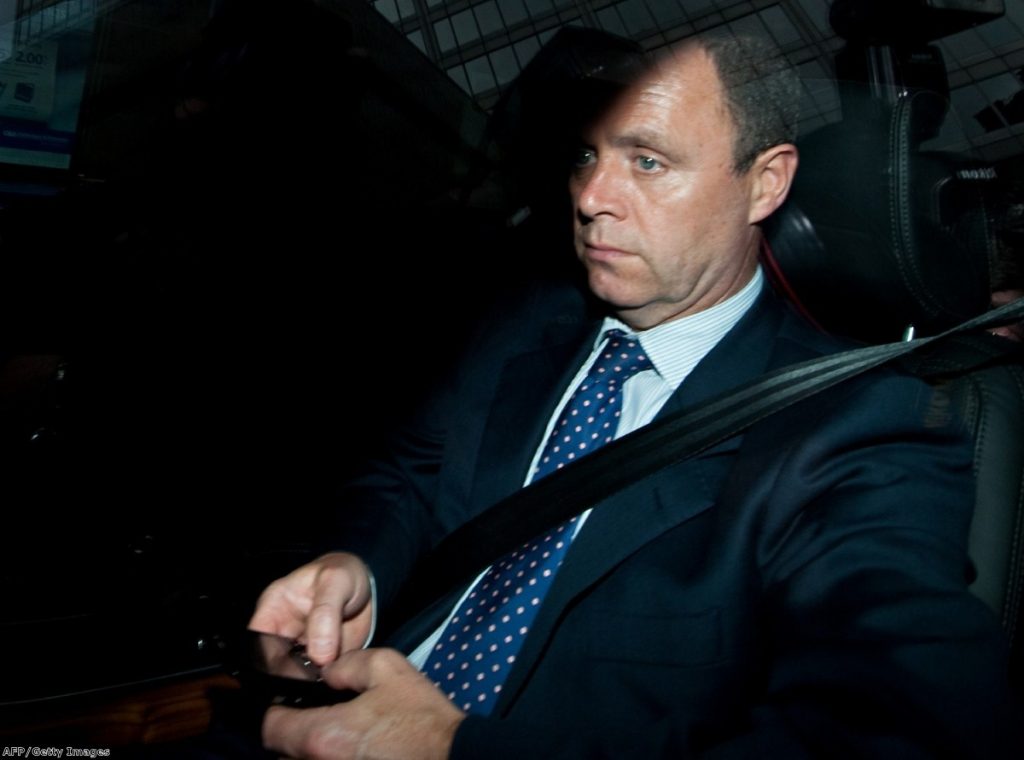MPs show no mercy in phone-hacking report
By Alex Stevenson Follow @alex__stevenson
The Murdochs and the Metropolitan police face heavy criticism in a report on phone-hacking published by the home affairs committee this morning.
MPs hit out at senior Met officers, condemning former assistant commissioner John Yates – who resigned on Monday – of a "serious misjudgement" in deciding not to re-open the phone-hacking case in 2009.
They demanded a "swift and thorough investigation" of allegations that payments were made to police officers by journalists.


Andy Hayman, who presided over the original phone-hacking investigation of 2006, was accused of a "cavalier attitude" towards his News International contacts.
He had dinner with executives at the company while investigating them and subsequently began writing for the Times, a News International-owned newspaper.
MPs said his behaviour, "even if entirely above board, risked seriously undermining confidence in the impartiality of the police".
They accused him of "deliberate prevarication in order to mislead the committee".
"There has been a catalogue of failures by the Metropolitan police, and deliberate attempts by News International to thwart the various investigations," committee chair Keith Vaz said.
"Police and prosecutors have been arguing over the interpretation of the law."
Only deputy assistant commissioner Sue Akers, who is leading the Met's current investigation into phone-hacking, escapes without censure.
The committee expressed concern that only 170 of the 12,000 phone-hacking victims have been contacted. It said more resources were needed if the victims were not to be informed more quickly than the "years" anticipated at current rates of progress.
"The new inquiry requires additional resources and if these are not forthcoming, it will take years to inform all the potential victims," Mr Vaz added.
"The victims of hacking should have come first and I am shocked that this has not happened."
MPs said they were also worried by confusion over current laws on phone-hacking. Prosecutors and police continue to argue over their differing interpretations of the Regulation of Investigatory Powers Act 2000.
"However," they added, "this was no reason for the Metropolitan police to limit their investigation of these matters."









